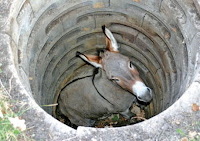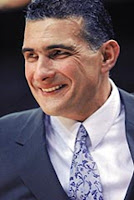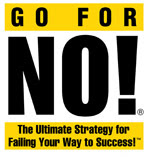 Over the course of the past 4 weeks, I have been delivering the Positive Coaching Alliance message of becoming a Triple-Impact Competitor to Dallas ISD middle school athletes. We consider someone to be a Triple-Impact Competitor when they make themselves better, their teammates better, and the game as a whole better. Here are five traits that players can possess to make them better teammates, and int turn, make their teammates better.
Over the course of the past 4 weeks, I have been delivering the Positive Coaching Alliance message of becoming a Triple-Impact Competitor to Dallas ISD middle school athletes. We consider someone to be a Triple-Impact Competitor when they make themselves better, their teammates better, and the game as a whole better. Here are five traits that players can possess to make them better teammates, and int turn, make their teammates better.1. Tenacity - A true team player has a "never-say-die" attitude. There is no quit in them; it just isn't an option in their mind. Nor should it ever be a fleeting thought in the mind of those around him. Team players continue to battle, giving every ounce of energy, until the final buzzer no matter what the scoreboard reads.
2. Selflessness - A true team player is willing to sacrifice for the greater good. This may be taking on a different role, such as coming off the bench instead of starting. It could be stepping up on defense instead of concentrating on scoring. No matter the situation, a team player is willing to do whatever it takes for the betterment of the team and set aside any personal agenda.
3. Tremendous Work Ethic - We have heard this called a "Blue Collar" player or a guy that "brings his lunch pail every day." A true team player simply puts his mind, heart, and soul completely into every possession once he crosses the lines. He never complains and just does his job. He also asks what else he can do to help the team in addition to his job.
4. Tank Filling - A true team player knows that his team is family. He understands that infighting and bickering is cancerous and will ultimately destroy the family. He works hard to maintain a 5:1 positive to criticism ratio. He is the first to run to a teammate that just dove for a loose ball or taken a charge. He shows his appreciation for great effort and lifts his teammates up when the chips are down.
5. Ownership - True team players are completely invested in the team. He understands that he is a small part of something greater than himself. He gives himself completely to making the team successful. He owns up to his mistakes using his mistake ritual. When problems arise, he works for a solution; not pile it on and continue to be part of the problem.









